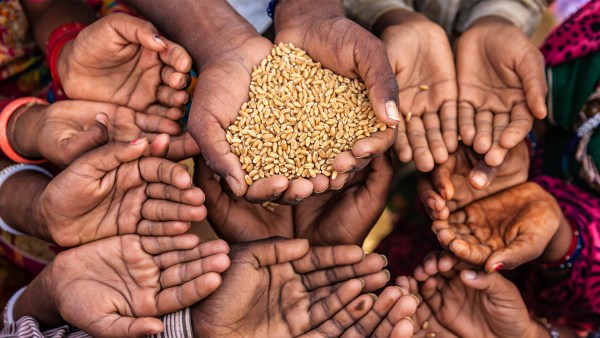According to the latest Cadre Harmonisé (CH) report, at least 33.1 million people across 26 states and the Federal Capital Territory (FCT) in Nigeria are projected to face a food and nutrition crisis between June and August 2025.
The report, released on Friday in Abuja, was a joint effort by the UN Food and Agriculture Organisation (FAO), the World Food Programme (WFP), the Federal Ministry of Agriculture and Food Security and other partners. It highlights the worsening food security situation in the country and calls for urgent action to address the impending crisis.
Affected States and Populations
The Cadre Harmonisé analysis identified the following states as being most affected by the looming food crisis: Sokoto, Zamfara, Borno, Adamawa, Yobe, Gombe, Taraba, Katsina, Jigawa, Kano, Bauchi, Plateau, Kaduna, Kebbi, Niger, Benue, Cross River, Enugu, Edo, Abia, Kogi, Nasarawa, Kwara, Ogun, Lagos, Rivers and the FCT.
The report indicates that the projected 33.1 million people at risk of food and nutrition insecurity include 514,474 Internally Displaced Persons (IDPs) in Borno, Sokoto and Zamfara states.
Current Food Security Situation
According to the report, approximately 25 million people across the 26 states and the FCT are currently experiencing food crises. This is a concerning situation that requires immediate attention and intervention.
FAO Country Representative to Nigeria and ECOWAS, Kouacou Koffy, emphasized the need for a unified and urgent approach to address the food and nutrition security challenges in the country.
“With the concerted efforts of the government, CH stakeholders, and the international community, we can move closer to alleviating hunger and reducing suffering for Nigeria’s most vulnerable populations,” Koffy said.
Factors Contributing to the Food Crisis
The report identified several key drivers of the food crisis, including:
1. Economic factors affecting the prices of staple crops and agricultural commodities
2. Climate-related events such as floods and droughts
3. Ongoing insecurity in various regions of the country
Koffy explained that Nigeria is experiencing a combination of these shocks, which are collectively impacting the livelihoods and food and nutrition security of the population.
<subheader>Addressing the Food Crisis</subheader>
The Cadre Harmonisé report serves as an early warning tool for humanitarian programming, food security, and livelihood response targeting, as well as for prioritizing development programmes.
Temitope Fashedemi, the Permanent Secretary of the Federal Ministry of Agriculture and Food Security, pledged the government’s commitment to applying the findings of the report to guide food and nutrition security programmes across the affected states.
Balama Dauda, the CH Focal Person for the National Programme on Food Security, identified the high prices of foodstuffs and non-food items, flooding and insecurity as the key drivers of the impending food crisis.
Way Forward
The Cadre Harmonisé report paints a concerning picture of the food security situation in Nigeria, with over 33 million people projected to face a crisis in the coming years. This calls for a coordinated and practical response from the government, international organizations and other stakeholders to mitigate the impact on the country’s vulnerable populations.
As the report states, the goal is to alleviate hunger and reduce suffering for Nigeria’s most vulnerable communities. Addressing the underlying factors, such as economic challenges, climate-related events and insecurity will be crucial in achieving this objective.

Leave a Reply